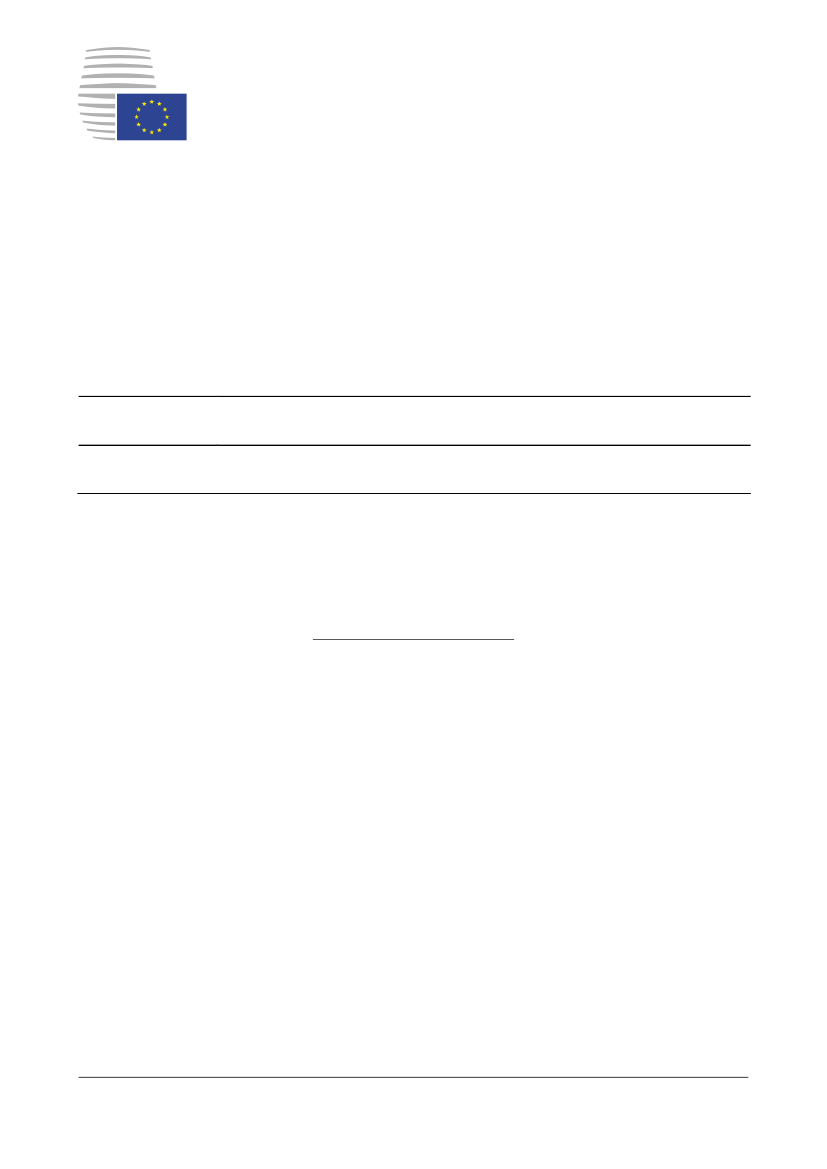
European Council
Brussels, 14 December 2017
(OR. en)
EUCO 19/1/17
REV 1
CO EUR 24
CONCL 7
COVER NOTE
From:
To:
Subject:
General Secretariat of the Council
Delegations
European Council meeting (14 December 2017)
–
Conclusions
Delegations will find attached the conclusions adopted by the European Council at the above
meeting.
EUCO 19/1/17 REV 1
EN